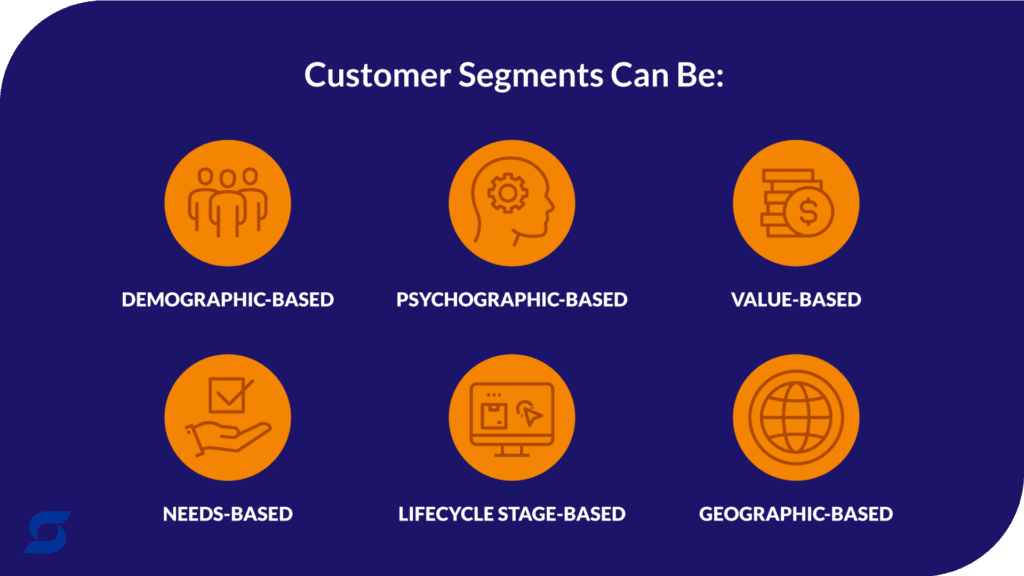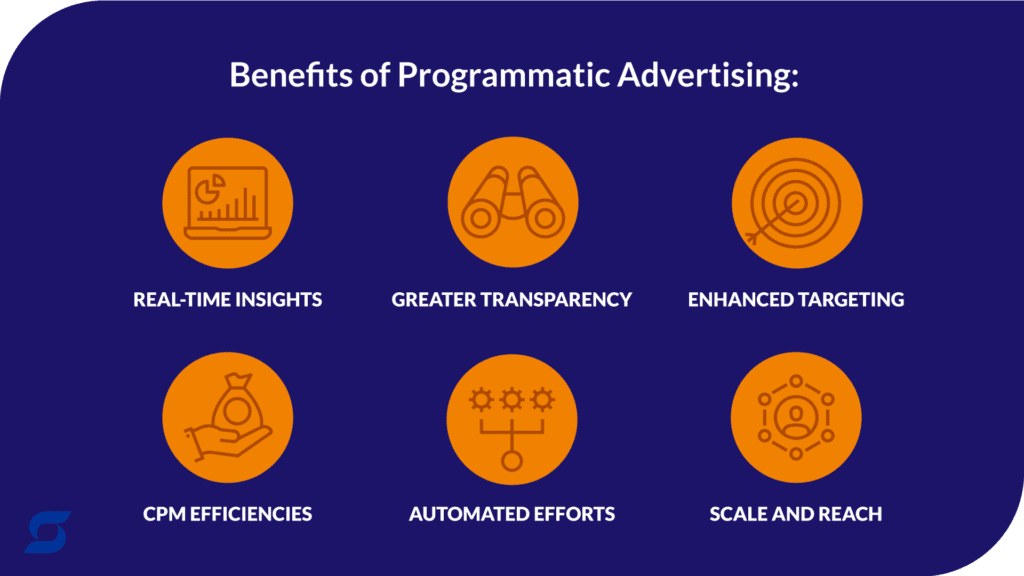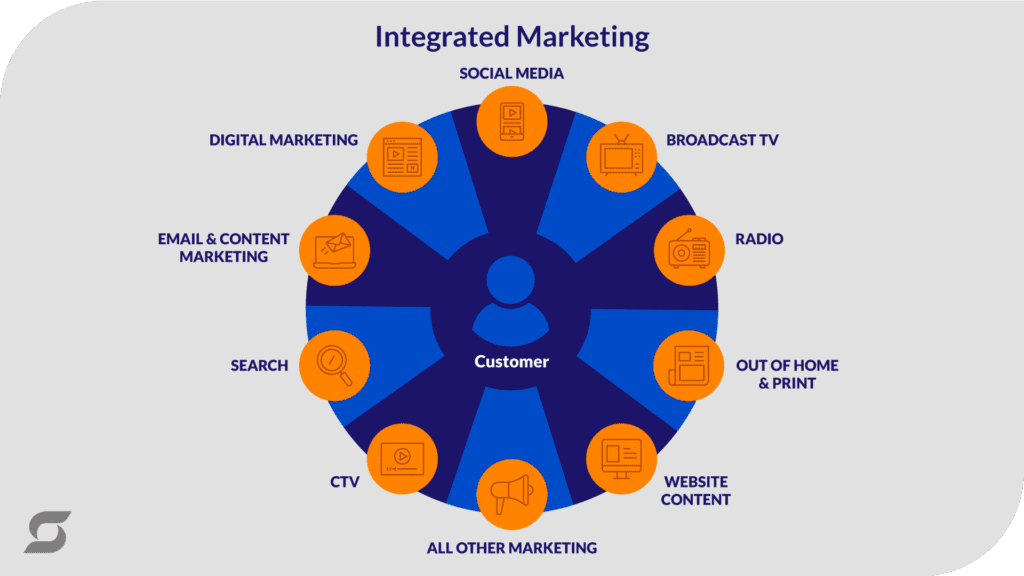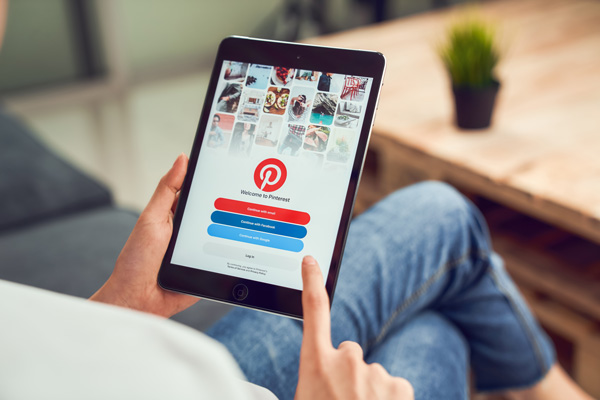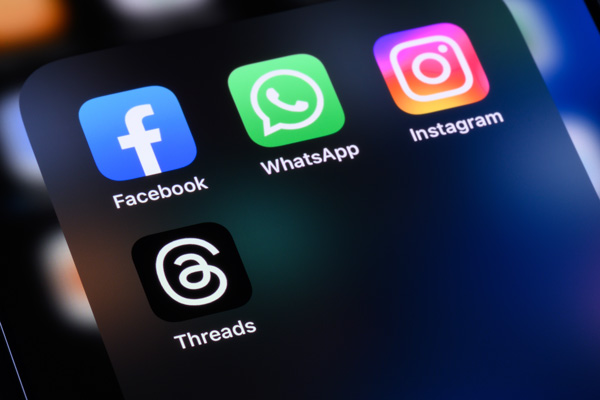When the ultimate goal is to lower customer acquisition cost (CAC) or grow market share, digital marketing isn’t optional. It’s a crucial tool, whether integrated with traditional media, or in replacement of traditional channels like linear TV.
Digital should be looked at minimally with an “AND” lens, rather than a “OR lens. This is especially important as customer behaviors shift, and people increase their share of time with digital medias.
Here are 9 key ways that digital marketing can be a cost-effective tool to deliver return on investment (ROI).
1. Testing with Quick Learnings
In traditional marketing channels, feedback loops can be slow. Adjustments can be costly and time-consuming. Digital marketing, on the other hand, facilitates rapid testing and generates quick learnings and outcomes. That ability makes it especially effective and cost efficient.
For better performance within your ad campaigns, here’s how to leverage that testing ability:
A/B Testing
Digital platforms allow marketing teams to conduct A/B tests (also known as split testing) efficiently. You compare two versions of a landing page, ad, email, or other assets to see which one performs better. Consider metrics like engagement, conversion rates, click-through rates, or others as you judge which version is more effective.
Digital platforms can collect and analyze data in real time. You can quickly identify the most effective option based on your prioritized metrics. Then you can adjust your strategy accordingly moving forward.
Rapid Iteration and Optimization
With real-time data, you can iterate and optimize campaigns quickly. For example, if an ad is underperforming, pause or adjust it immediately. You don’t have to wait until the end of a campaign period. This rapid iteration process minimizes wasted marketing budget and maximizes the impact of successful assets.
Segmentation and Personalization
Digital marketing tools also offer sophisticated segmentation abilities. They allow you to target specific audiences with personalized messages that will convey your brand effectively. You can communicate differently depending on demographic or psychographic traits.
Testing different messages and offers within various segments can also provide insights into customer preferences and behaviors. Those insights lead to more effective targeting and personalization strategies.
Cost Efficiency
The ability to test and learn quickly also translates to cost efficiency and maximizing your marketing spend. By testing and identifying the most effective strategies early on, businesses can allocate their budgets more intentionally. They can focus on high-performing channels and tactics, ultimately lowering CAC.
In terms of production cost, digital ads are typically cheaper, relative to traditional media like TV and radio. They’re often able to be made quicker, as well. This allows you to produce more assets, which aid in testing and keeping your creative fresh.
The cost of running digital tests is also generally lower than traditional marketing tests. It’s usually more expensive to test a TV ad pilot or mass direct mail campaign.
Scalability
Digital marketing tests can start small. This allows you to test hypotheses with a limited budget before scaling successful tactics. You ensure that investments are based on proven strategies and backed by data. This reduces the risk of large-scale marketing failures and ensures you won’t blow up your budget.
Granular Insights
Digital platforms offer granular analytics. They track everything — from user behavior on a website, to engagement with a specific ad. These insights help you understand not just which campaigns are effective, but why they are effective. Keeping that data in mind also informs future strategies.
Enhanced Customer Experience
We’ve talked about how testing and optimizing benefit you and your business goals with performance and efficiency. They also enhance the customer experience. By constantly refining messaging that resonates with your customer, you can better meet their needs and preferences. That will lead to higher satisfaction and brand loyalty.
2. Low Barrier to Entry
Minimal Initial Investment
Traditional advertising often comes with high upfront costs (think TV commercials or billboards). Digital marketing allows you to start small and scale up as your campaigns gain traction. Due to its lower initial investment, it’s also a good place to test messaging before using it in traditional media.
Targeted Reach & Frequency Control
Digital paid ads empower you to reach your ideal audience with laser focus, reducing wasted impressions on irrelevant demographics. You can also control the frequency of your message exposure, ensuring it doesn’t become intrusive.
Performance-Based Pricing Models
Digital advertising platforms like Google Ads and social media advertising often operate on performance-based pricing models. Some examples are Cost-Per-Click (CPC), Cost-Per-Acquisition (CPA), Cost-Per-Mille (CPM), and Cost-Per-View (CPV). You only pay when a user interacts with your ad in a predefined way. This way, you spend your budget efficiently, maximizing marketing ROI.
3. Maximizing Efficiency with Biddable Media
Programmatic Advertising for Smarter Buying
Programmatic advertising automates the ad buying process in real-time using an auction system. Unlike traditional ad buying, which involves negotiations and manual orders, programmatic buying uses machine learning and algorithms to purchase ad space.
Programmatic buying also leverages data insights to target specific audiences more precisely. Targeting ensures your ads are shown to the right people. That significantly increases the chance of engagement and conversions.
This allows for highly-targeted ad placements at competitive prices. It leads to significant cost-per-thousand-impressions (CPM) efficiencies within your marketing campaigns.
Automated Efficiency Gains
Programmatic buying leverages real-time supply and demand dynamics, which streamlines operations. It reduces the time and manpower needed. That frees up your bandwidth and your team to focus on strategic initiatives.
With programmatic buying, advertising campaigns launch quickly. Platforms provide real-time insights into ad performance, allowing you to tweak on the fly. Immediate adjustments can be made based on what’s working or not. By optimizing the effectiveness of campaigns, you can maximize your marketing budget efficiency.
The detailed analytics provided by programmatic platforms help marketers understand the customer journey better. This deep insight allows for more informed decisions and strategy adjustments, leading to improved campaign performance and ROI.
4. The Power of Integrated Marketing
Synergy for Enhanced Reach and Engagement
Integrating digital marketing with traditional channels, like television and radio, can significantly enhance your campaign’s effectiveness. Studies have shown that combining digital and traditional media can increase reach by up to 20%. This is especially true among younger demographics who consume media differently, often in a fragmented way.
Multichannel ROI Boost
The Data & Marketing Association reports that marketers utilizing multichannel strategies see a 23% higher ROI. A Nielsen study further highlights how digital advertising complements TV campaigns. It boosts brand-related search queries, demonstrating how digital channels reinforce traditional media messages.
5. Measurable Outcomes for Continuous Improvement
Precise ROI Reporting & Optimization
Digital marketing excels at providing clear and actionable data on your campaign’s performance. You can track direct ROI/ROAS (Return On Ad Spend) with precision. You can leverage these insights to optimize your traditional media planning and buying decisions, as well.
Real-Time Tweaks for Better Results
In traditional marketing, results take time to develop. Digital campaigns offer real-time insights, allowing for immediate adjustments to optimize performance.
6. AI-Powered Targeting for High-Value Impressions
Targeting the Right Audience
Machine learning algorithms power sophisticated audience targeting. That ensures your ad reaches the users most likely to convert. You’ll see significantly higher-value impressions compared to broad, un-targeted campaigns.
7. Precise Targeting for Improved Lead Generation & Conversions
Waste Elimination
Digital targeting eliminates wasted ad spend. You can focus on core service areas with high-yielding ROI potential. And, you can target your ideal customers (or potential customers) with laser focus.
Personalized Messaging
Digital marketing allows for personalized ad experiences tailored to different audience segments. You can even leverage your first-party data from CRM and lifecycle marketing programs for hyper-targeted campaigns.
Highly Incremental Reach
Digital advertising offers unparalleled reach capabilities. You can target new audiences for brand awareness at the top of the marketing funnel. At the same time, you can reach users actively searching for your product or service at the bottom of the funnel.
8. Full-Funnel Optimization for Maximum Impact
Upper Funnel Awareness
Use platforms like Meta (Facebook/Instagram), programmatic display/video advertising, and Digital Out-of-Home (DOOH) to introduce your brand to a broad and diverse audience.
Mid Funnel Engagement
Employ advanced targeting strategies to reach users actively considering similar products or services in the decision-making phase.
Lower Funnel Conversion
Digital marketing shines in targeting users with high purchase intent at the bottom of the funnel, maximizing the return on your investment.
9. Continuous Optimization for Peak Performance
Bid Optimization
Leverage bid optimization tools to increase or decrease your investment based on performance metrics such as website visits, conversions, and specific demographics. This ensures your ad budget is directed towards the most effective placements, audiences, and locations.
Media Mix Optimization
Based on real-time performance data, you can adjust your media mix. You can allocate more budget to better-performing channels like video or display advertising.
Real-Time Budget Adjustments
Monitor performance trends closely and adjust your budget on the fly to maximize ROI.
Conclusion
Traditional media still holds value in its broad reach and brand credibility. The addition of digital media strategies can compound upon that and significantly enhance the efficiency, effectiveness, and measurability of your advertising efforts. It’s also important to keep an eye on this balance of traditional and digital marketing. Optimize as needed as customer behavior shifts.
Employing core capabilities of digital — like testing, programmatic buying, targeting, and measurement — will help you get the most of your media and budget. The potential to adjust based on learnings will optimize your marketing and drive real results for your business.
Get in touch to learn more about how Scale Marketing uses insights to drive growth and business results for companies like yours.

